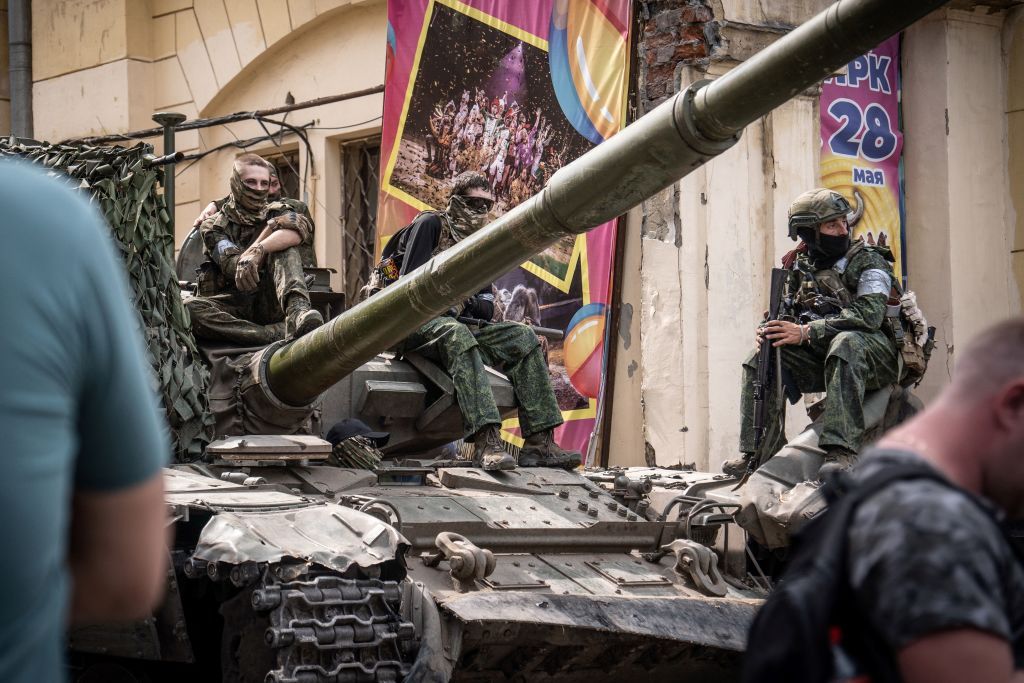WSJ: Russian Security Council secretary ordered Prigozhin's assassination

Russian Security Council Secretary Nikolai Patrushev allegedly ordered the assassination of the late head of the Wagner mercenary group, Yevgeny Prigozhin, the Wall Street Journal (WSJ) wrote on Dec. 22, citing Western intelligence and a former Russian intelligence officer.
Prigozhin's Wagner Group became a crucial part of the Russian war machine after Russia's full-scale invasion of Ukraine.
Increasing tension between the mercenary group's head and the Russian Defense Ministry led Prigozhin to attempt a short-lived mutiny in Russia in June 2023 that sent shockwaves around the world.
Prigozhin abruptly ended his so-called "march of justice" to Moscow after Belarusian dictator Alexander Lukashenko brokered a deal to allow Prigozhin and his Wagner forces to leave for Belarus.
Prigozhin and other top Wagner commanders were killed in August when his plane exploded, an incident that many in the West implied was the Kremlin's doing.
Sources told the WSJ that Patrushev, one of Russian leader Vladimir Putin's closest confidants, had long seen Prigozhin as a threat, even before the rebellion. Patrushev reportedly did not approve of Prigozhin's open criticism of top Russian military brass and was concerned that Wagner had gained too much power.
Patrushev served under Putin since the beginning of his time as president and increasingly acquired power to the point that the WSJ described him as the second-most powerful man in Russia.
Following the aborted mutiny and Prigozhin's subsequent relocation to Belarus, sources told the WSJ that Patrushev was determined to see the insurrectionist punished and created plans to have him removed, which Putin allegedly "did not object" to.
Putin confirmed that Prigozhin had been killed shortly after the explosion, saying "he made mistakes."
Several months later, Putin speculated that the explosion had been caused by the poor handling of grenades by those onboard and implied that drugs and alcohol might have been involved.
The WSJ denied Putin's claim, claiming instead that sources said a small bomb had been attached under the wing of Prigozhin's plane while it waited on the tarmac at a Moscow airport.
Neither Patrushev nor Russian officials responded to requests for comment on the story, the WSJ said.












